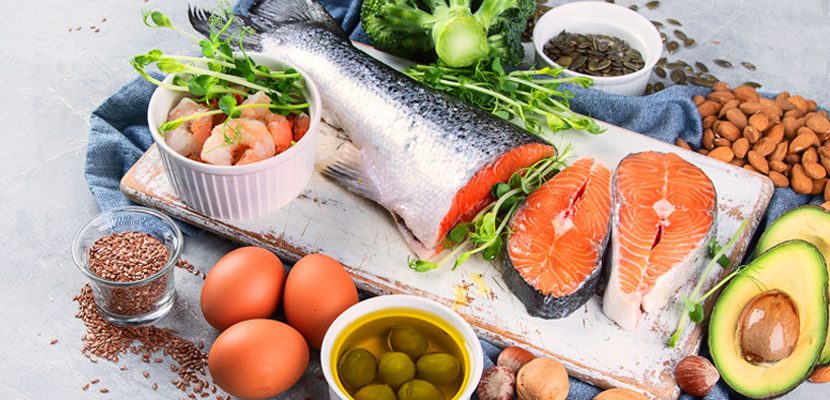Ask any cardiologist about supporting your heart through diet, and they’ll likely advise minimizing foods high in saturated fat.
Extensive scientific research underscores that a diet rich in saturated fat significantly elevates the risk of heart attacks, stroke, and cardiovascular disease—the leading cause of death in the U.S.
This means reducing intake of foods like hamburgers, bacon, cured meats, and butter. However, there’s one fatty food that cardiologists, especially Dr. Giovanni Campanile, recommend for heart health. Read on to discover what it is.
The High-Protein, High-Fat Food Cardiologists Endorse
Not all fats are detrimental to heart health. Unlike saturated fats, unsaturated fats (monounsaturated and polyunsaturated) are beneficial, increasing HDL cholesterol (the “good” kind) and lowering LDL cholesterol (the “bad” kind). Dr. Giovanni Campanile, MD, an integrative and clinical cardiologist and co-author of The Sicilian Diet Plan, strongly advocates for regular fish consumption for heart health.
“Fish is a fantastic source of protein and omega-3 fatty acids, which help reduce the risk of heart disease,” Dr. Campanile explains.
Dr. Campanile highlights that fish also contains vitamin B12, niacin, and selenium—nutrients that further support heart health. Vitamin B12 keeps blood vessels healthy, niacin is an antioxidant, and selenium protects against chronic inflammation.
Dr. Bradley Serwer, MD, a cardiologist and Chief Medical Officer at VitalSolution, also emphasizes the importance of fish. “One of the best protein sources is fish, especially salmon. Salmon is rich in omega-3 fatty acids, as are sardines, trout, mackerel, and herring.”
In addition to omega-3 fatty acids, these fish also provide vitamin D, which Dr. Serwer notes can lower triglyceride levels, reduce vascular inflammation, and decrease the risk of arrhythmias, or abnormal heart rhythms.
Cooking Tips for Heart-Healthy Fish
To maximize the heart-healthy benefits of fish, the preparation method is crucial. “Baking, broiling, or grilling salmon with lemon, garlic, and low-sodium seasonings is ideal,” Dr. Serwer advises. “Avoid frying as it adds unnecessary calories and saturated fats.”
Other Heart-Healthy Protein Sources
Fish isn’t the only good source of protein and heart-healthy fats. Dr. Campanile and Dr. Serwer both recommend nuts, seeds, legumes, and beans. “These foods are excellent protein sources and can lower cholesterol and heart disease risk,” Dr. Campanile says.
For vegans, Dr. Serwer suggests being mindful of getting enough protein and healthy fats through alternative foods. “Nuts, especially walnuts, are high in omega-3 fatty acids and have anti-inflammatory properties, improving heart health by reducing inflammation and lowering cholesterol.”
Whole Grains for Cardiovascular Health
A heart-healthy diet also includes fruits, vegetables, and whole grains. “Whole grains are another excellent source of protein and contain polyphenols, antioxidants, minerals, vitamins, and fiber,” Dr. Campanile explains. Whole grains have been shown to reduce the risk of heart disease, stroke, obesity, and diabetes, promote improved digestion, reduce inflammation, and lower cancer risk.
Incorporating whole grains into your diet can be easy. Dr. Campanile suggests options like whole-grain pasta, bread, brown or black rice, quinoa, spelt, whole barley, millet, bulgur wheat, buckwheat, whole-grain rye, and oats. “These choices significantly boost your nutrition and reduce the risk of heart and other diseases,” he continues.
Choosing protein sources high in unsaturated fats over saturated fats is a simple yet effective habit for supporting cardiovascular health. These foods, rich in essential nutrients, benefit your entire body, offering more reasons to increase their intake. Dr. Campanile’s insights provide a clear roadmap for anyone looking to eat their way to a healthier heart.
Source: https://www.yahoo.com/lifestyle/cardiologists-fatty-food-actually-great-142500130.html


